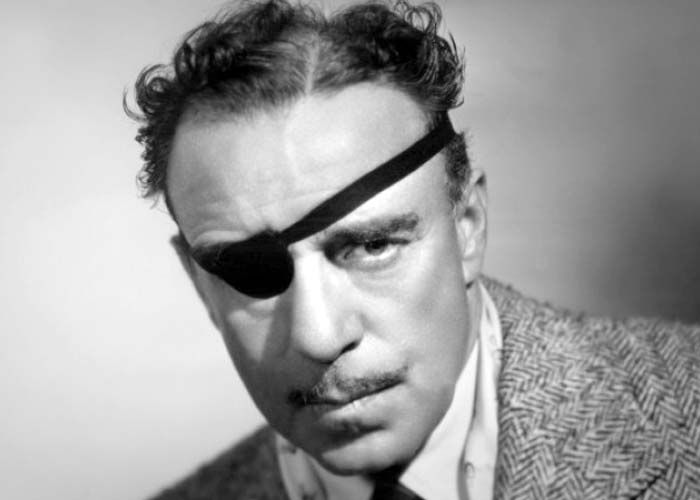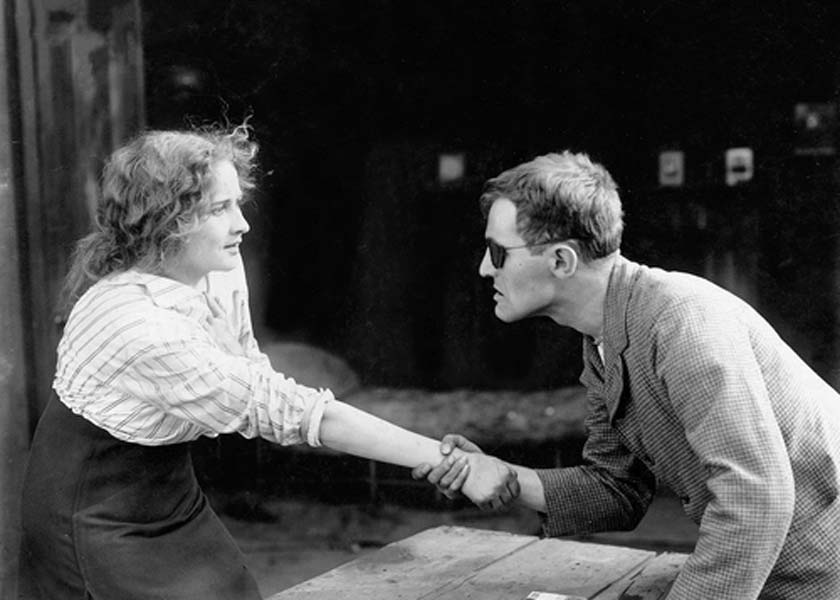Synopsis
Owen, ten years old (McCann), is orphaned by the death of his mother. His neighbors, Jim (James A. Marcus) and Maggie Conway (Maggie Weston) take him in. Owen is miserable living with the Conways, who fight frequently and knock Owen about. Owen runs away and lives on his own. Owen, now seveteen (McCoy), has become a neighborhood tough. He has a handicapped friend, Hughy, who Owen defends from a neighborhood bully. Owen, now 25 (Fellowes), has become a hardened leader of the local gang.
District Attorney Ames (Harbaugh) has a genteel dinner at the home of Marie Deering (Nilsson) and her wealthy acquaintances. Ames brings a group of women, including Marie, to a disreputable dance hall to observe the life of the gangsters he intends to put in jail. Some of the rough men start to push Ames around. Owen stops them, attracting the attention of Marie, whose visit to the lower class neighborhood stimulates her to join a Settlement House, working for the betterment of the local people. Many of the men of the neighborhood sit around the reading room pretending to read, in order to talk with the pretty young worker. Hughy assists in her work.
One of the Settlement House’s activities is a picnic cruise. The local gang members go along. One of the gangsters throws a match onto a coil of rope, and a fire breaks out. The picnickers flee the burning ship. Many men jump into the water. Rescue crews come rapidly, and all the children are saved, but some of the adults are killed.
Marie is stressed by the conditions endured by the women and children in the neighborhood. Mr. and Mrs. O’Flaherty fight frequently. During one fight, a frightened Mrs. O’Flaherty flees her drunken husband and leaves her baby behind. Marie is concerned for the safety of the child; Hughy persuades Owen to retrieve the baby. Owen punches the belligerent father and takes the baby. He is delighted by the child as he carries him to his mother.
His better nature taking over, Owen leaves the gang and becomes the pupil of Marie who teaches him to read and write. They are attracted to each other, and Owen brings her flowers. Ames tries to induce Marie to give up her work, but she refuses. Ames tells Owen that he will never change and cannot expect to have Marie.
One afternoon, Skinny (Sheer), the new leader of the gang, stabs a policeman and flees into the Settlement House. Owen, who owes Skinny a favor, hides him. Skinny is discovered, and the settlement workers think that Owen has fallen into his old ways. Owen sends Skinny a message via Hughy, saying they are even and telling him to stay away. Skinny chokes Hughy and throws him, senseless, under the stairs. Marie comes to the gang’s hangout looking for Owen. Skinny lures her upstairs and attacks her. Owen comes after Marie and is fighting the gang when Hughy arrives with the police and a general melee erupts. Owen rushes upstairs to find Marie who is hiding in a closet. Owen and Skinny fight. Skinny shoots at Owen and wounds Marie. Owen carries Marie to the Settlement House. With her dying breath, she tells him that vengeance belongs to God. Owen obeys her wishes. In the street, Hughy, who has not made any vows, shoots the fleeing Skinny.
Later, Owen and Hughy stand by Marie’s grave. Owen says that he owes his
regeneration to her, his Mamie Rose.
Discussion
Well received by critics and audiences, The Regeneration was a notable success, and remains one of the best early silent features. The screenplay is realistic and cohesive, and lacks the improbable, absurdly overblown events common in films of the era. Melodramatic incidents are present, but they are appropriate to the story, interesting to the audience, and do not extend beyond the limits of the possible. The acting is reasonably naturalistic, gestures and facial expressions are mostly restrained, in comparison to much of the film acting at the time. The tragic ending, which comes from the original novel, My Mamie Rose by Owen Frawley Kildare, and the adapted play Regeneration by Kildare and Walter C. Hackett, would probably have been altered in a later film. Melancholic endings were more common in the 1910s than in the 1920s, when Hollywood filmmaking was dominated by romanticism.
Kildare, born in a New York tenement and orphaned at an early age, was a newspaper boy at seven years old and a member of a street gang as a teenager. Illiterate at age thirty, he met a teacher, Marie Rose Deering, who tutored him. She died, of natural causes, shortly before their marriage. The play Regeneration and its film adaptation substituted and added melodramatic incidents to the somewhat more prosaic events of Kildare’s life story.
The social organization of gangsters in New York City during the late 19th century and the first two decades of the 20th century differed significantly from the more familiar, large organizations of gangsters typical of the 1920s and 1930s. Prohibition did not exist before 1919 and neither did the class of gangster associated with the Prohibition era. The gangsters of Regeneration represent the pre-Prohibition types. Arrival of European immigrants from 1870-1920 ushered in a period of gang activity in the slums where the immigrants lived. Crime resulted from the crowding of people in filthy tenements. New York lacked viable social services and the police department was not effective in maintaining order. Gangs brought disorder and terror to the streets. The gangs were usually organized into small specialized groups that narrowly identified with particular neighborhoods and carried on territorial disputes between themselves. Large organized gangs did not exist. A gangster fighting with other gangsters over local rights, as seen in the film, was typical of the era.
The spectacular fire on the pleasure cruise was based on an actual 1904 incident in the East River of New York City. A church group chartered a side-wheel passenger steamboat called General Slocum for a picnic cruise. The ship caught fire, possibly from oily rags ignited by a discarded cigarette, and sank. Of the more than 1,300 passengers, composed mostly of women and children, an estimated 1,000 were killed. The victims died on board from fire and smoke or jumped overboard and drowned. The bulky clothing worn at the time impeded even those who knew how to swim. Owen Kildare was not involved in this incident, but it makes an exciting addition to the film.

Raoul Walsh directed more than one hundred feature films from 1915 until his retirement in 1964. Walsh entered the movie business through his interest in cattle work, including riding and roping. As a young man he had been on a trail drive from Mexico to Texas, and later trained horses for the US Cavalry. In San Antonio, Texas, he handled a horse during a stage performance of The Clansman (1905). He pointed to this experience as a determining factor in his career choice. By 1912, he was portraying cowboys in one-reel films and was hired by director D.W. Griffith as an actor and horse wrangler. During the filming of The Birth of a Nation (1915), based on The Clansman, Griffith promoted Walsh to assistant director. (Walsh also has an uncredited role in the film as John Wilkes Booth.) In 1915, William Fox hired Walsh, who had directed several short films, to direct The Regeneration, his first feature, for Fox Film Corporation. Throughout his career, Walsh concentrated on action and adventure films featuring lusty fighting men. Not a stylist, his interest was in strong stories, virile actors, and faced-paced action. The most notable films of his long career include The Thief of Bagdad (1924), The Big Trail (1930), The Roaring Twenties (1939), High Sierra (1941), The Horn Blows at Midnight (1945), White Heat (1949) and Battle Cry (1955).
In its review of The Regeneration, Variety praised the film and noted the Walsh's excellent direction, and predicted it would be profitable for Fox.

